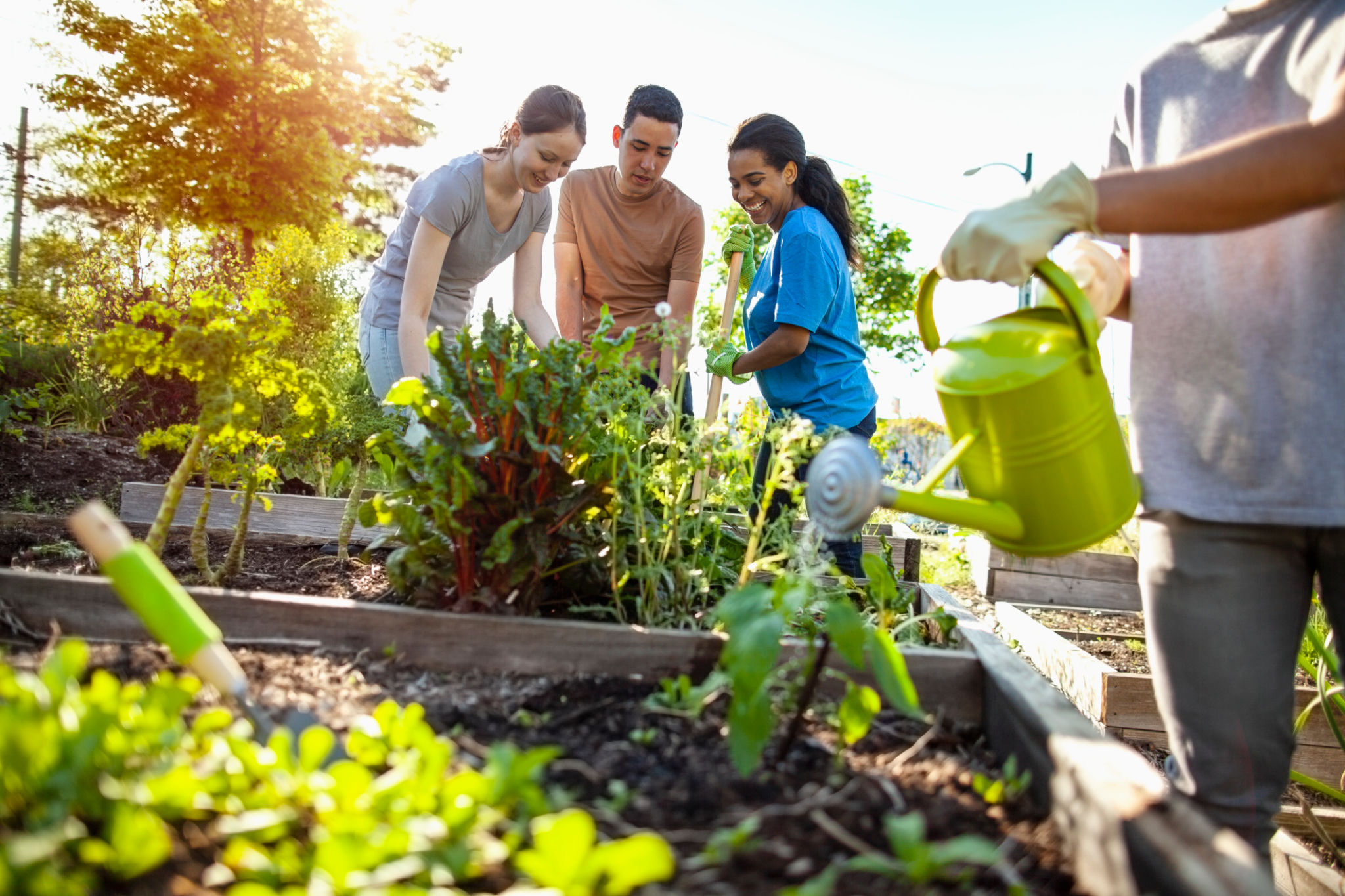How to Start Community Gardening Projects in Kasungu
LW
Understanding the Benefits of Community Gardening
Community gardening is an excellent way to bring people together, improve local environments, and provide fresh produce. In Kasungu, a community garden can serve as a hub for social interaction, education, and sustainable practices. These gardens not only offer a source of fresh fruits and vegetables but also promote physical activity and mental well-being. By participating in community gardening, residents of Kasungu can foster a sense of ownership and pride in their neighborhood.

Finding the Right Location
Selecting an ideal location is crucial for the success of a community gardening project. Look for vacant lots, unused land, or areas within local parks that receive adequate sunlight. It's important to consider accessibility for all community members, including those with mobility challenges. Consult with local authorities or landowners to secure permission for using the land.
Once you have identified a potential site, evaluate the soil quality and availability of water sources. These factors will significantly impact the types of plants you can grow and the overall success of your garden.
Organizing the Community
Community involvement is essential for sustaining any gardening project. Start by forming a small group of interested individuals to help plan and manage the initiative. Host informational meetings to engage more community members and gather input on what they would like to see in the garden.

To maintain organization and clarity, establish a committee with designated roles such as a project coordinator, treasurer, and volunteer coordinator. This structure will help streamline decision-making and communication among participants.
Designing Your Garden
The design of your community garden should reflect the needs and preferences of its users. Consider including different sections for various types of plants, such as vegetables, herbs, and flowers. Raised beds can be beneficial for areas with poor soil quality and can make gardening more accessible.
Incorporate pathways to allow easy access to all parts of the garden and include spaces for communal gatherings or educational workshops. Make sure to leave room for composting areas and tool storage to enhance the garden's functionality.

Securing Resources and Funding
Starting a community garden requires resources such as seeds, tools, soil amendments, and water systems. Reach out to local businesses, agricultural organizations, or government agencies for support. Many may be willing to provide donations or sponsorships in exchange for recognition within the community.
Crowdfunding platforms or local fundraising events can also be effective ways to gather financial support from the community. Clearly outline your project's goals and benefits to potential donors to encourage contributions.
Planting and Maintenance
Once your garden is set up, it's time to start planting! Choose crops that are well-suited to Kasungu's climate and growing season. Engage community members in planting activities to foster a sense of ownership and cooperation.

Regular maintenance is vital for a thriving garden. Develop a schedule for tasks such as watering, weeding, and harvesting. Encourage volunteers to participate in these activities by setting up a rotating roster or hosting regular workdays.
Hosting Community Events and Workshops
A community garden can serve as an educational platform for teaching sustainable practices and healthy living. Organize workshops on topics such as composting, pest management, and cooking with fresh produce. These events can attract more participants and increase community engagement.
Additionally, consider hosting seasonal celebrations or harvest festivals to bring the community together and showcase the garden's accomplishments.
Evaluating Success and Planning for the Future
After your garden has been established for some time, take the opportunity to evaluate its success. Gather feedback from participants to identify areas for improvement and celebrate achievements. Use this information to plan future expansions or enhancements.
A successful community garden in Kasungu not only provides fresh produce but also strengthens community bonds and promotes environmental stewardship. By following these steps, you can create a vibrant space that benefits everyone involved.
